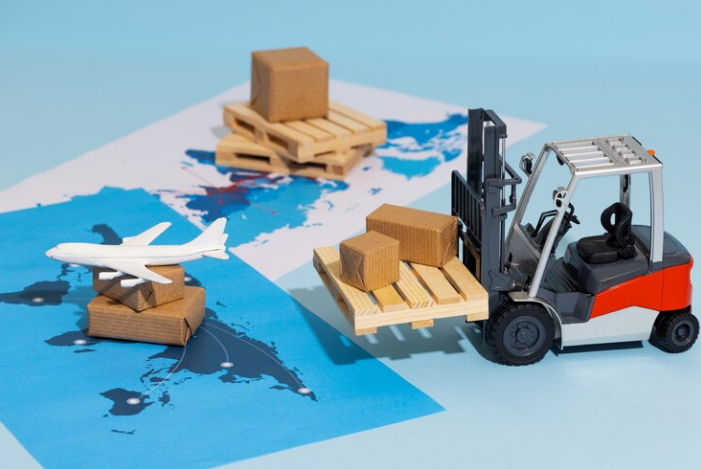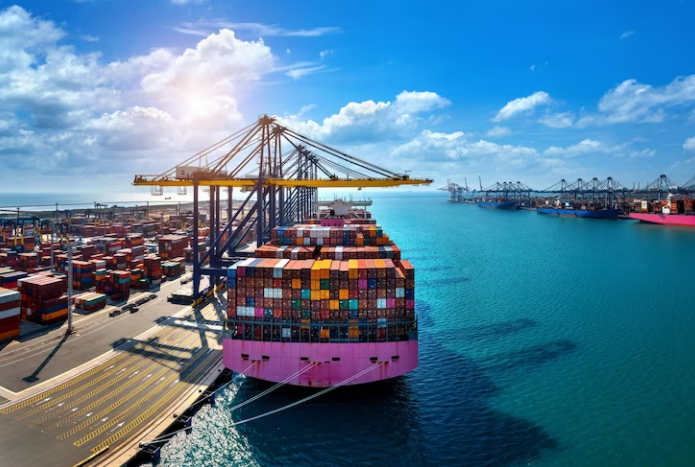
Every item that crosses international borders has a story to tell, a journey that involves various stages, from production to final delivery. One critical phase in this journey, often hidden from consumers but crucial for businesses, is the customs clearance process. Understanding and mastering this procedure can mean the difference between a seamless import and frustrating delays.
A Deep Dive into Customs Clearance Basics
We refer to the formal procedure where authorities verify and approve the entry of foreign goods into a country. This process ensures that all products meet the country’s safety standards, are appropriately taxed, and adhere to other necessary regulations. The core of this process involves document verification, duty payment, and sometimes physical inspection of goods.
The Essential Documents for the Process
Documentation is the backbone of the customs clearance procedure. Commonly required documents include:
- Bill of Lading or Airway Bill
- Commercial Invoice
- Packing List
- Certificate of Origin
- Import License (if necessary)
Having all these documents correctly filled out and readily available can considerably speed up the clearance process.
The Role of the Customs Broker
For those new to importing or those looking to ensure the efficiency of their process, employing a customs broker can be invaluable. These professionals specialize in navigating the intricate web of import customs clearance procedures. They assist in document preparation, duty calculation, and can provide insights into specific product regulations. With their expertise, they act as a bridge between importers and customs authorities, ensuring that the process is both efficient and compliant.
Expertise in Documentation and Classification
One of the primary responsibilities of a customs broker is managing and verifying the myriad documents required for the customs clearance process. This includes, but is not limited to, the Bill of Lading, Commercial Invoice, and Certificate of Origin. Their in-depth understanding ensures that these documents are correctly filled out, reducing the chances of delays due to errors or omissions.
Additionally, customs brokers have expertise in product classification. They assist businesses in determining the appropriate Harmonized System (HS) codes for their products, ensuring correct duty payments and avoiding potential legal complications.
Duty Calculation and Financial Efficiency
Financial aspects of the import/export process, such as duty payments, tariffs, and potential exemptions, are areas where a customs broker can add significant value. Their in-depth knowledge of the financial landscape, combined with their understanding of trade agreements and exemptions, can lead to cost savings and improved financial efficiency for businesses.
Building Relationships and Advocacy
Over time, customs brokers often build relationships with customs officials and other key stakeholders in the import/export ecosystem. These relationships can be invaluable, especially when unforeseen complications arise. Their rapport with officials can lead to quicker resolution of issues, ensuring a smoother customs clearance process.
Furthermore, in situations where there might be disagreements or disputes with customs authorities, customs brokers can act as advocates for businesses, presenting their case and working towards a favorable resolution.
Common Challenges and How to Overcome Them
The customs clearance process is not without its challenges. Some common hurdles include:
- Incorrect documentation
- Misclassification of products
- Duty discrepancies
Staying informed, using the right classification codes for products, and double-checking all provided information can mitigate these challenges. It’s also crucial to be aware of any changes in customs regulations or tariff rates.
Conclusion
Successfully navigating the complexities of the import customs clearance process is essential for businesses involved in international trade. By understanding the basics, employing the right professionals, and staying updated on regulatory changes, importers can ensure a smooth and hassle-free experience. After all, in the world of imports, knowledge and preparedness truly translate to smooth sailing.






